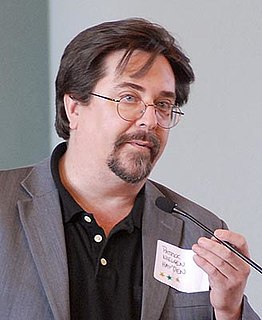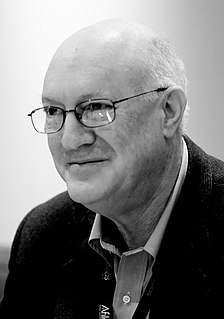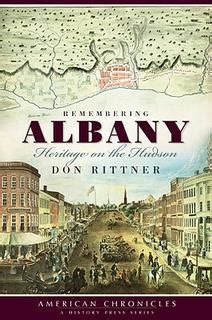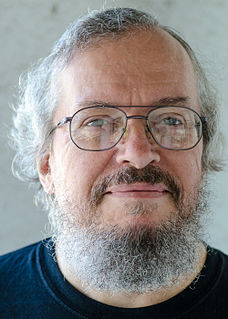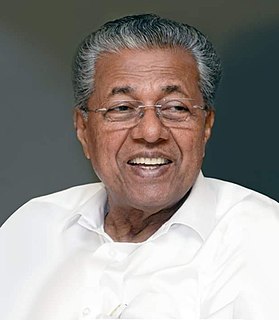A Quote by Annalee Newitz
When Usenet was eclipsed by websites in the late 1990s, people from that world - many of them programmers - wanted to bring the freewheeling, amazing discussions of Usenet to the web. And thus, RSS was born.
Related Quotes
Hence the sterile, uninspiring futility of a great many theoretical discussions of ethics, and the resentment which many people feel towards such discussions: moral principles remain in their minds as floating abstractions, offering them a goal they cannot grasp and demanding that they reshape their souls in its image, thus leaving them with a burden of undefinable moral guilt.
Coffee has assumed a social meaning that goes far beyond the simple black brew in the cup. The worldwide coffee culture is more than a culture - it is a cult. There are usenet newsgroups on the subject, along with innumerable sites on the World Wide Web, and Starbucks outlets populate every street corner, vying for space with other coffeehouses and chains. And after all is said and done, it's just the pit of a berry from an Ethiopian shrub.


